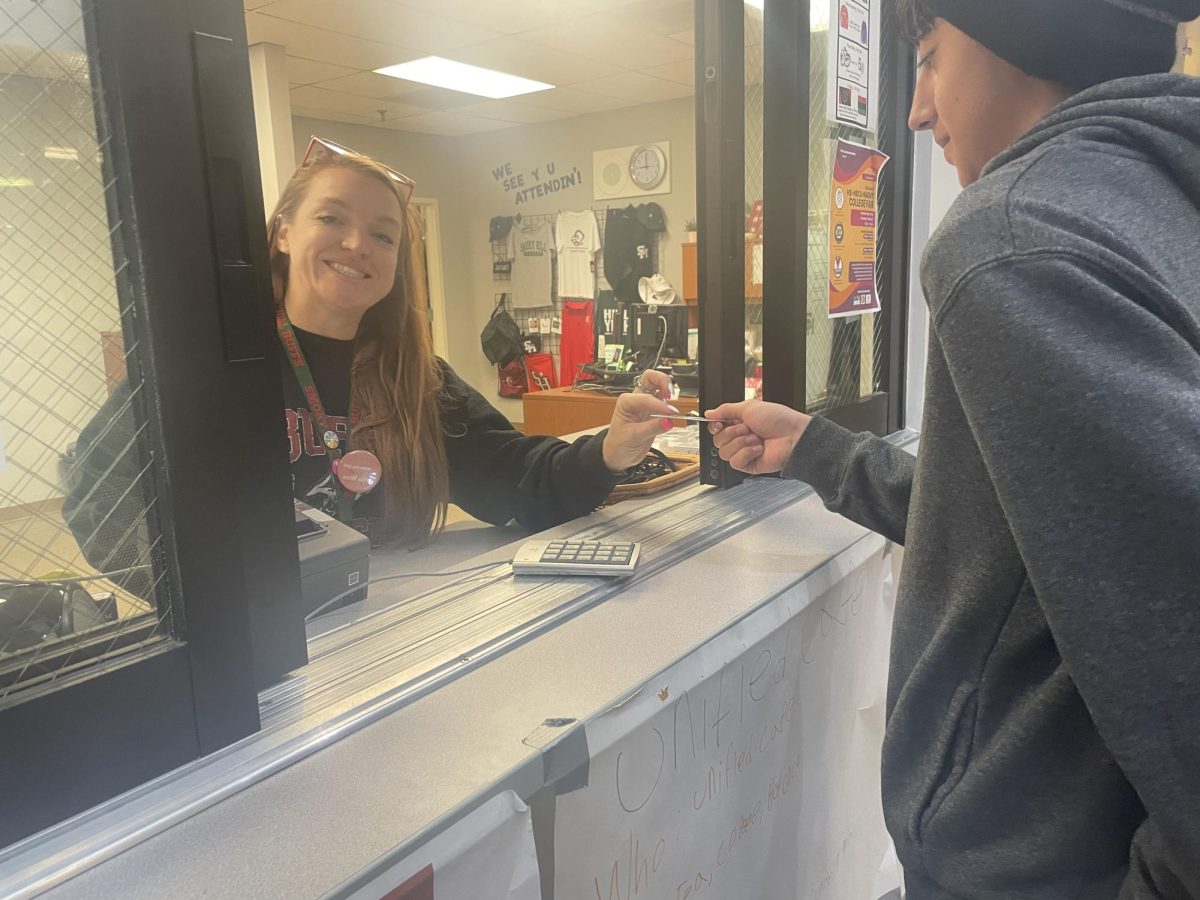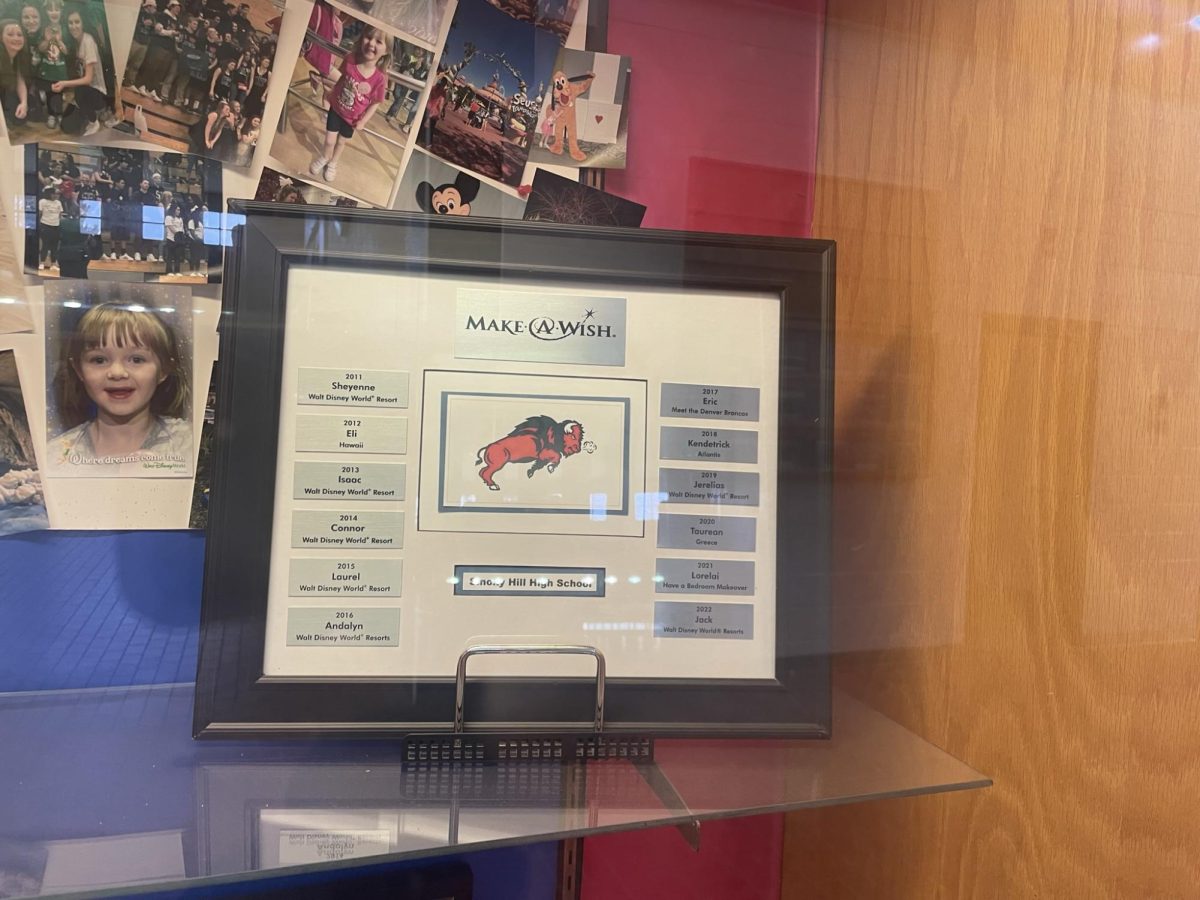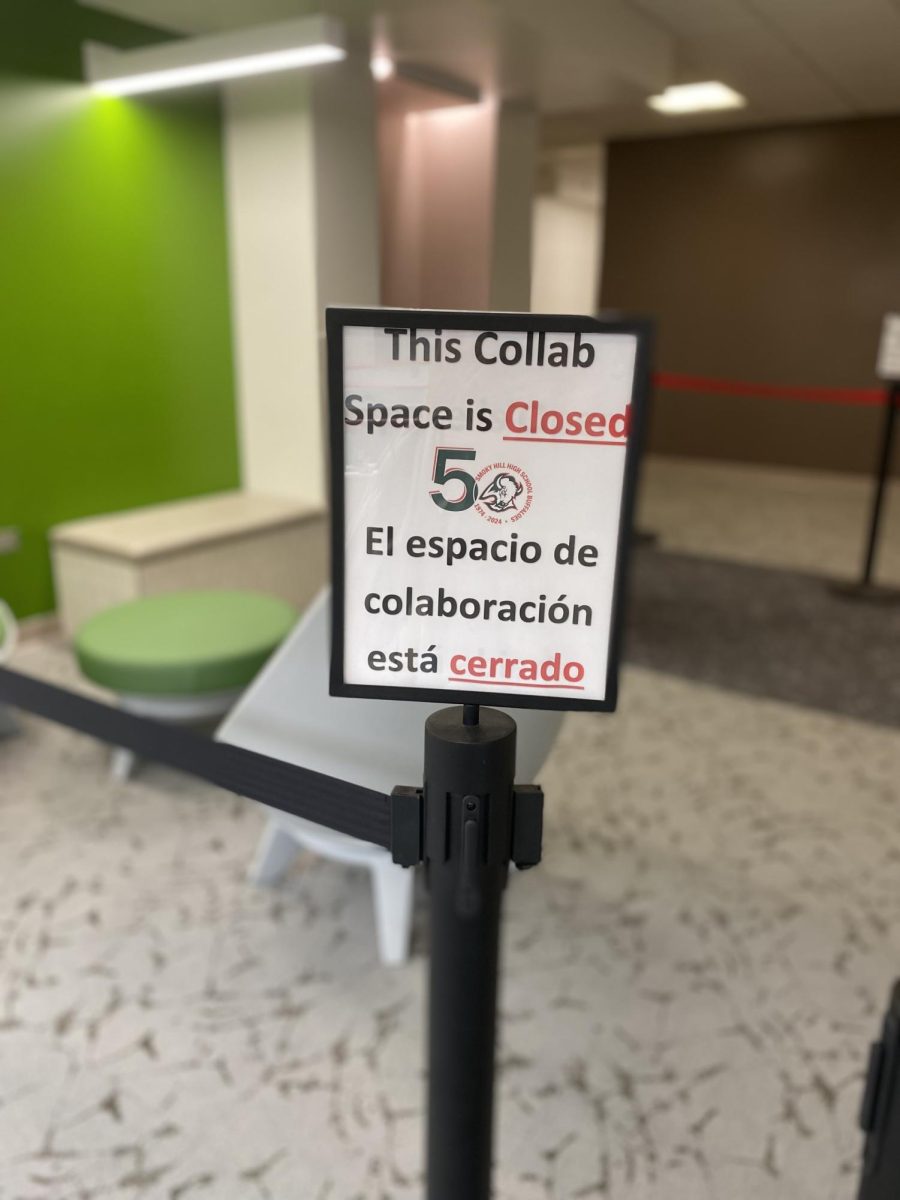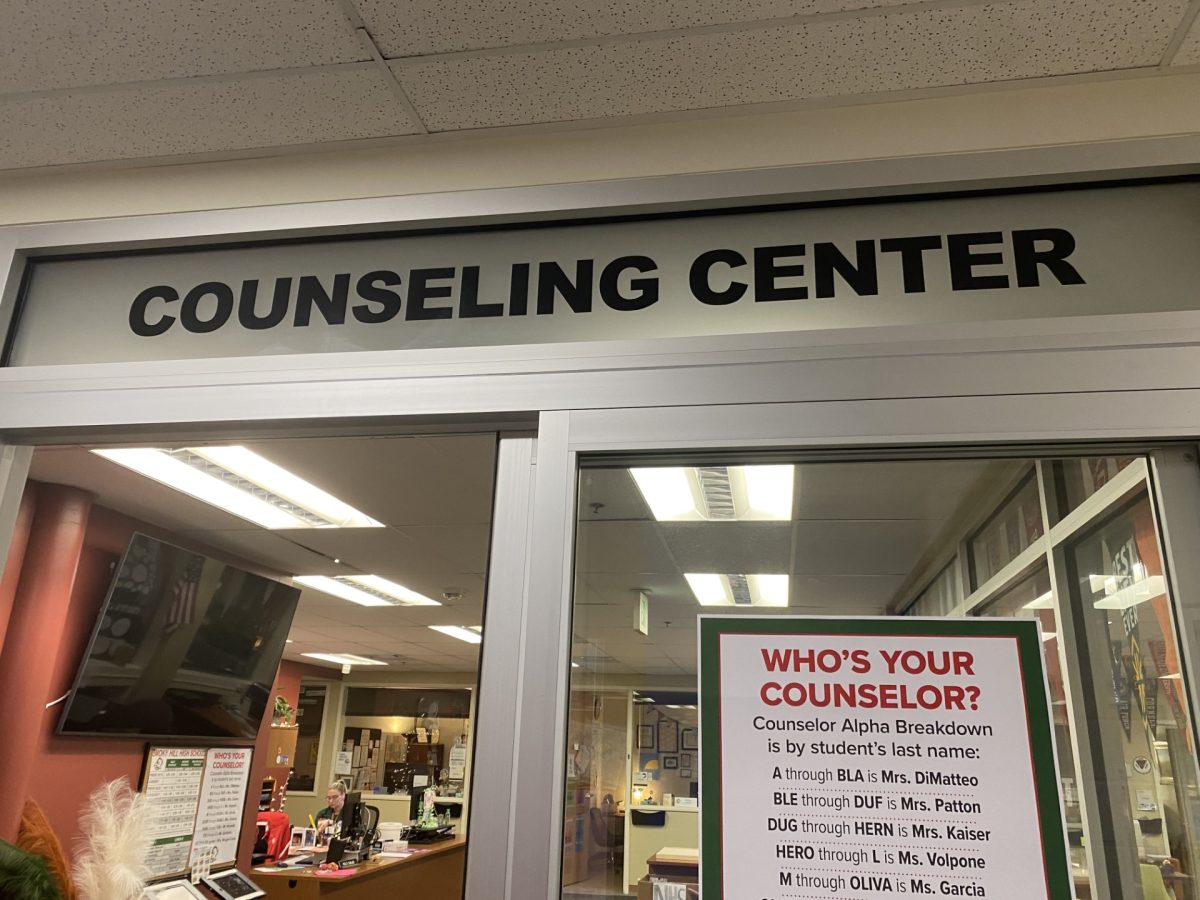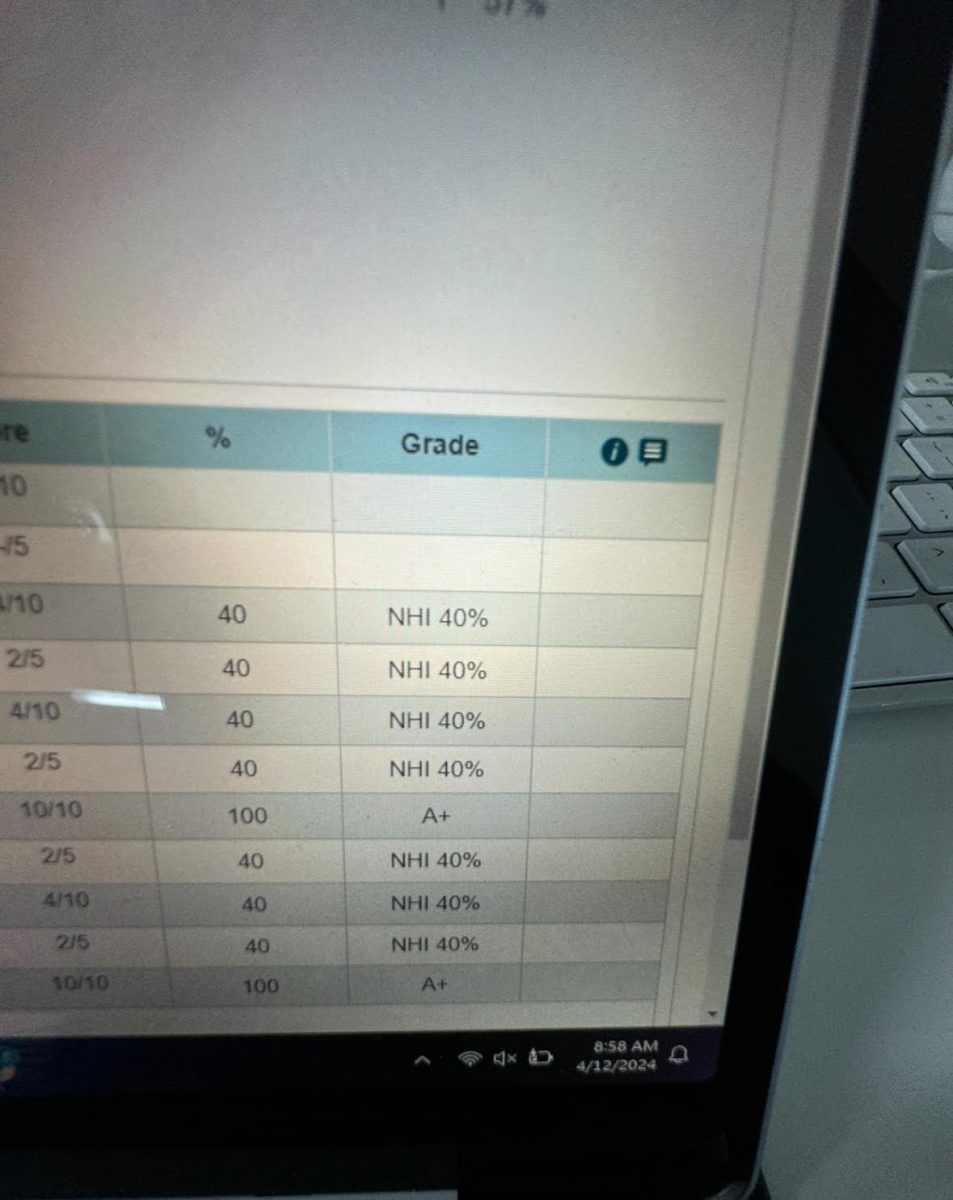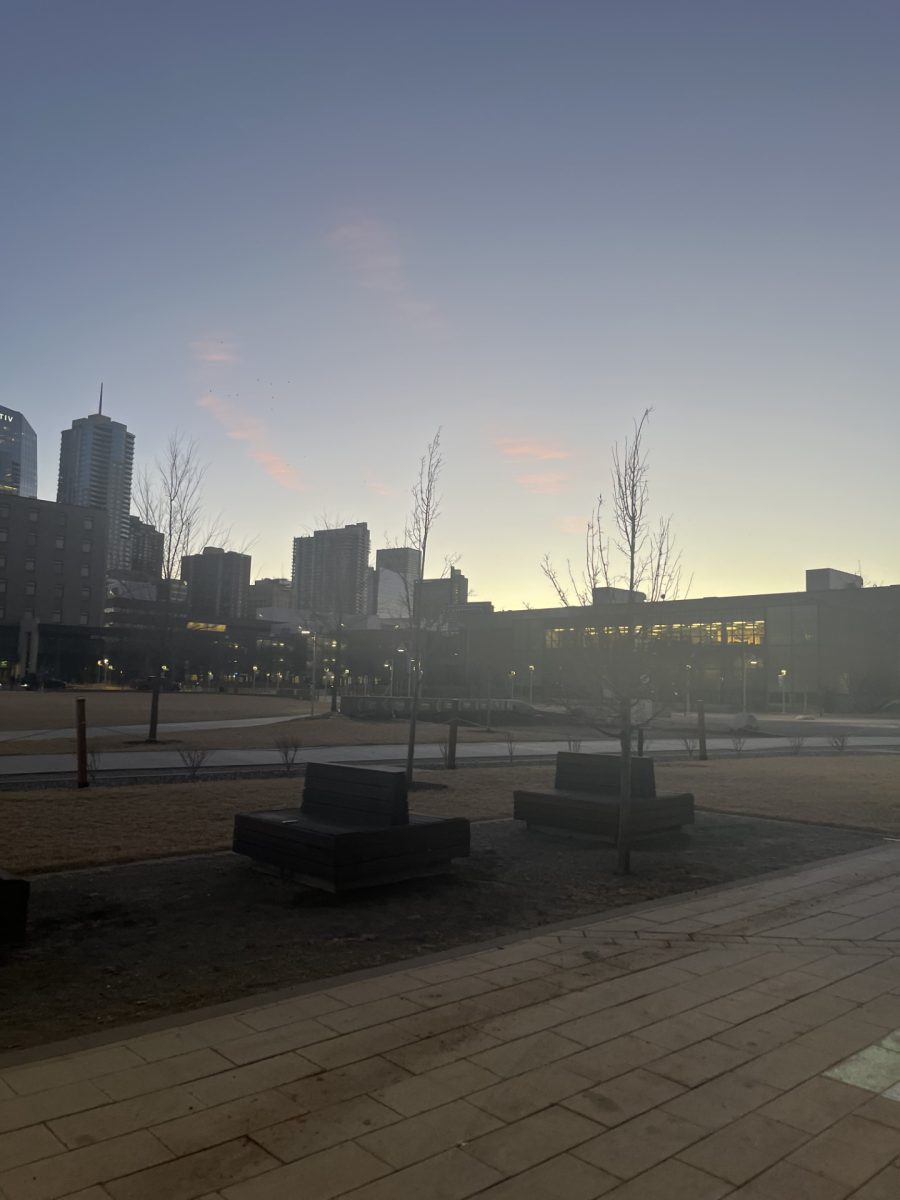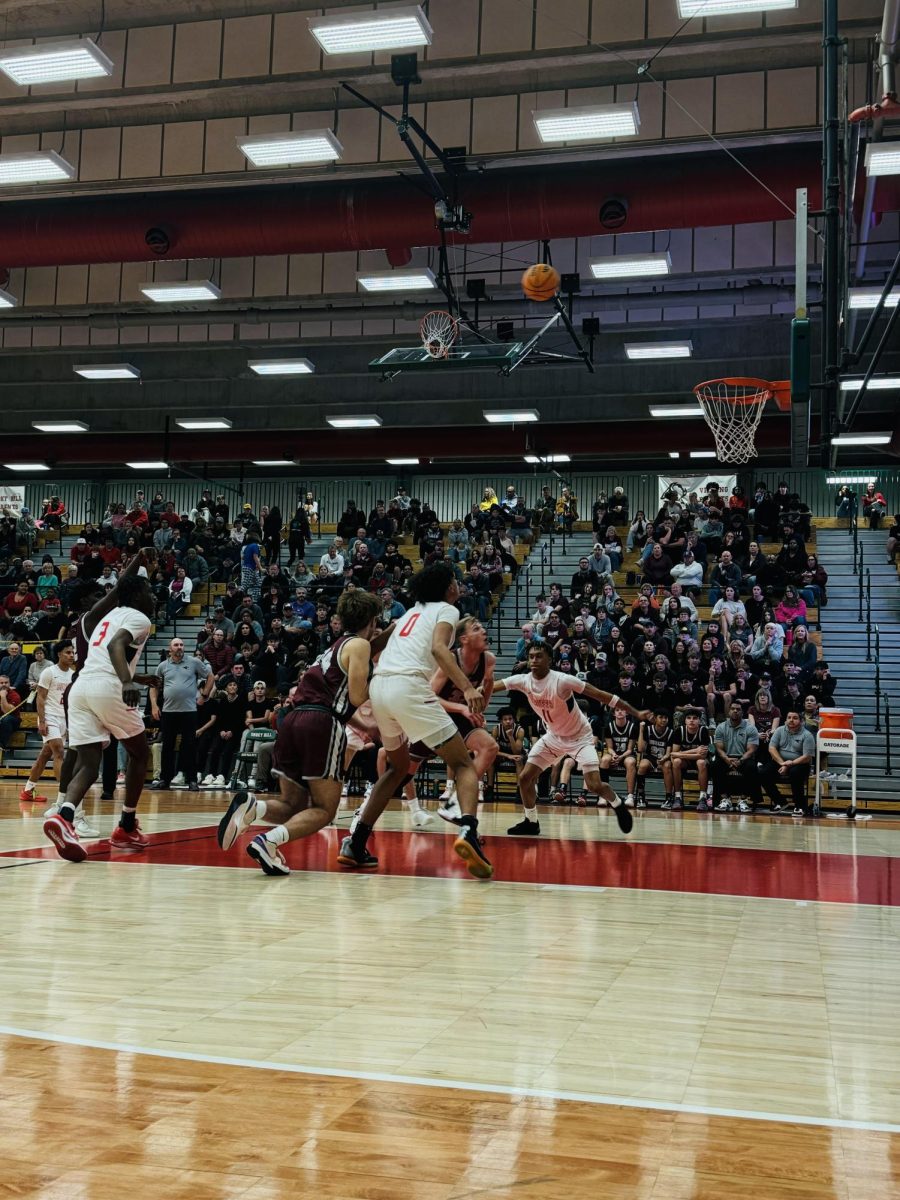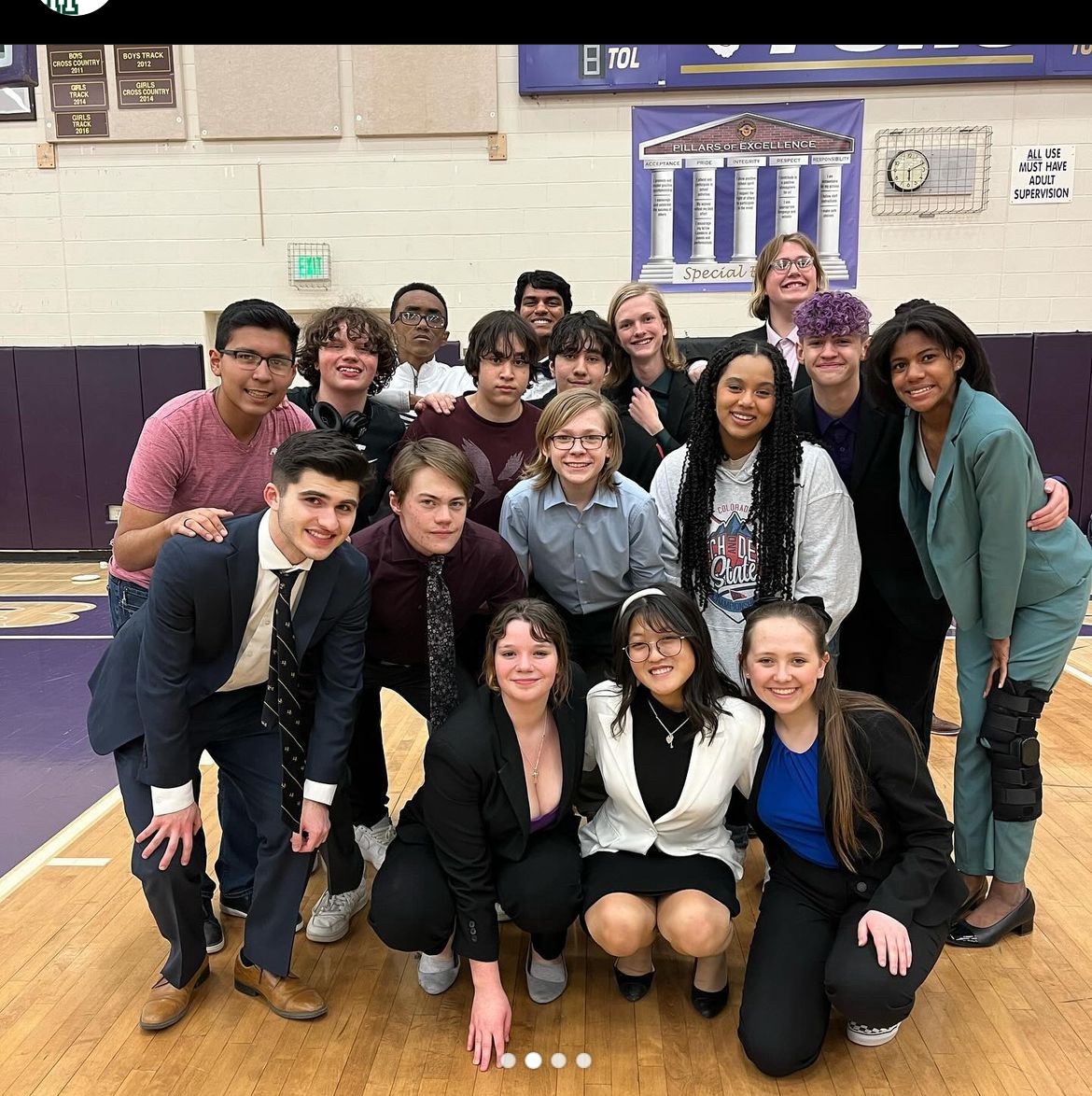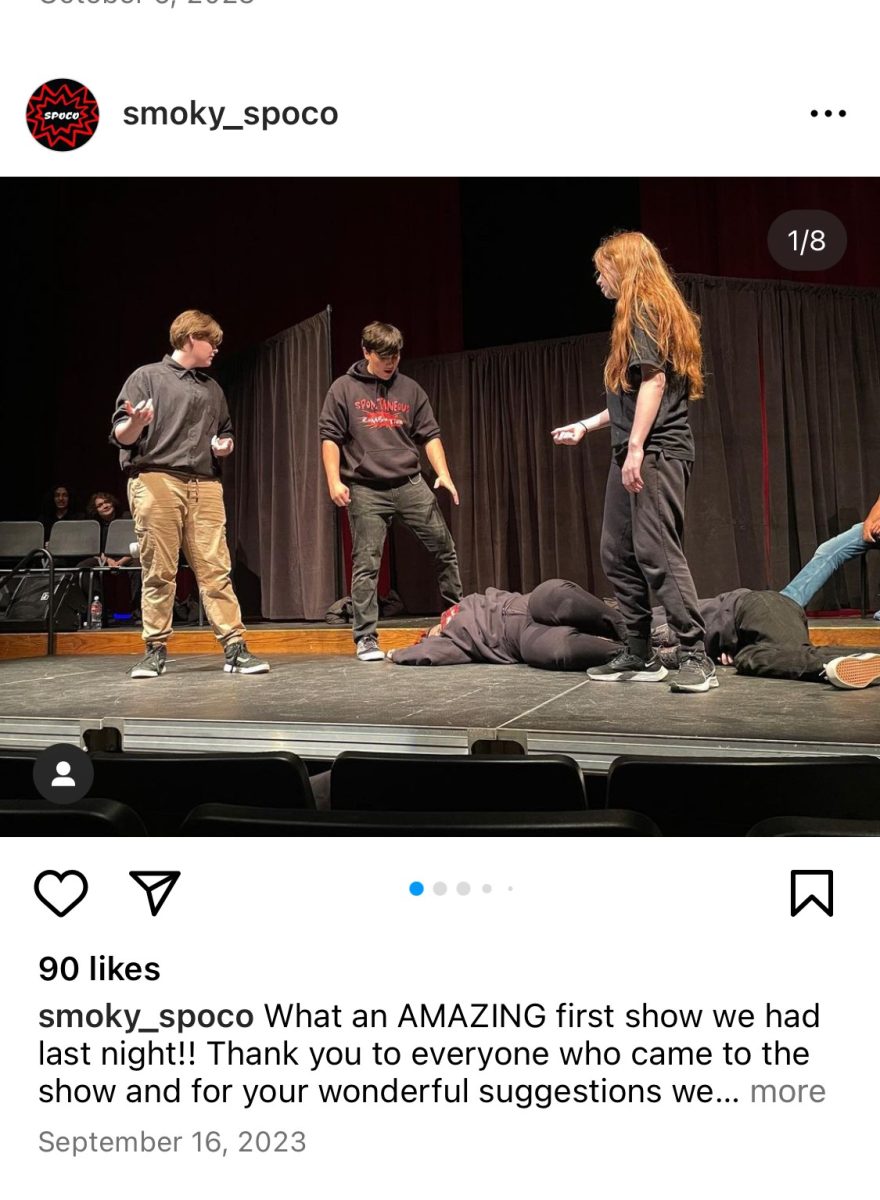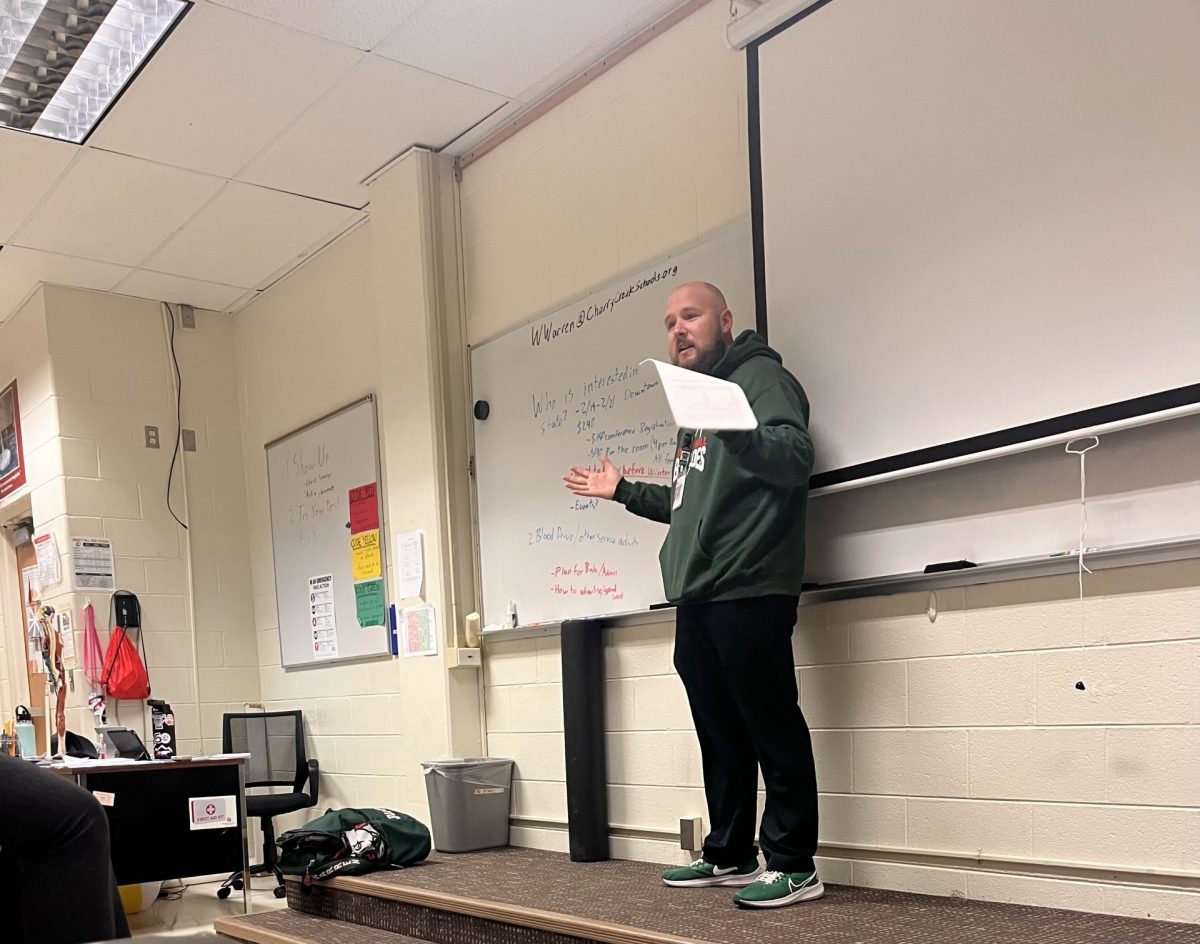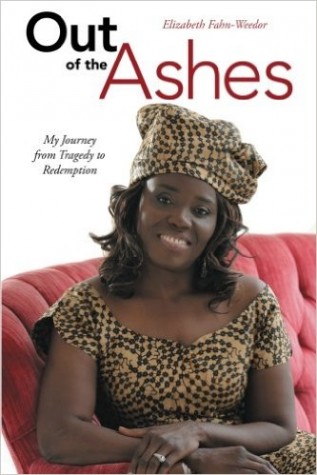Former Refugee Tells her Story to Smoky Hill Students
Liberian Missionary shares her story
February 12, 2016
This week, the students in Ambassadors, Girl Up and Model UN greeted a Liberian refugee as she told her story.
Elizabeth Fahn-Weedor visited Smoky Hill earlier this week, to share her story as a Liberian refugee, and the struggles her, and her family, faced. In 2000, Fahn-Weedor was rescued by missionaries, trying to save victims of a civil war in Liberia. While she faced the battles of being a refugee, she was also forced into being a sex slave. Like many women in the Middle East and African countries, Fahn-Weedor found her rights as a woman to be unequal and received unjust treatment. While she was in a refugee camp, she explained to our students that conditions were so harsh, she gazed starvation while there.
Fahn-Weedor also expressed the spark of her inspiration to seek a better life. Her grandmother inspired her to get an education in U.S. Fahn-Weedor pursued her dreams by becoming a Christian and became a missionary. She now promotes girls respecting their bodies and spreading her religion.
While Fahn-Weedor visited, she informed students of Model UN, Ambassadors, and Girl Up that she had written a book, Out of the Ashes, deeply describing her struggles and how she overcame them.
Lara Jabr, former co-president of the Muslim Student Association, has a spot in her heart for these situations. During World Awareness in 2015, Jabr presented and told her story of living in Lebanon. She described the dangers and hesitance of living in a war stricken area. Jabr explained that, while Lebanon is one of the few countries in the Middle East that is more liberal regarding women’s rights, she still faced the brutalities of war.
“It is so important to spread awareness of what is going on in the world, because the more people that know, the more people will help,” Jabr said.
The MSA has aided refugees, as they collect shoes, clothes, and anything that people are willing to offer.
“These people who are refugees are living without roofs over their heads, so anything that comes, will help, because not everyone can donate money,” Jabr said.
Not only did members of the MSA contribute to the collection, but other Muslims and people from all different races. Refugees, while being protected, do not have much. Some do not have shoes, and they live in structures that provide little to no preservation against weather conditions.


